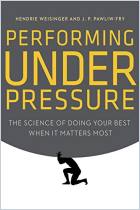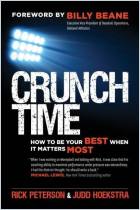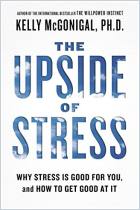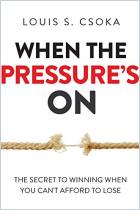
The Power of Pressure
Why We Break Down and What We Can Learn from Those Who Break Through
Recommendation
Whether you’re an Olympic athlete, a sales rep or a college student, your ability to handle pressure affects your success – or lack thereof. As Henry Kissinger said: “A diamond is a chunk of coal that did really well under pressure.” Pressure is a reality of life. You can’t avoid it, but you shouldn’t let it control or crush you. Instead, learn to understand it, so you can use it to your advantage. In The Power of Pressure, keynote speaker and CEO of Third Factor, Dane Jensen, offers up techniques to help you learn to recognize, harness and take the heat out of pressure moments.
Summary
About the Author
Dane Jensen is the CEO of Third Factor and an instructor at the Smith School of Business at Queen’s University and the Kenan-Flagler Business School at the University of North Carolina.

















Comment on this summary